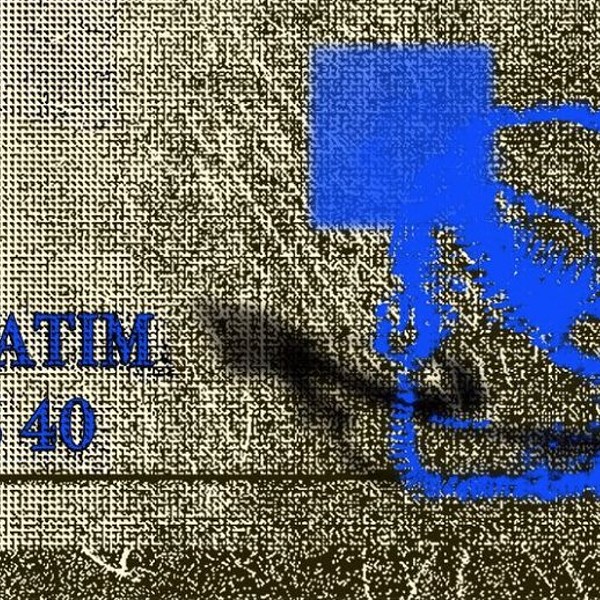At last count, about seven million US citizens—about three per hundred—were caught up in one phase or another of the correctional system. It's a statistic most of us don't care to think about, and when we do, those whose own families remain outside that circle may imagine an efficient and moral monolith Keeping Bad Guys In Line.
Up close and personal, it's a very different view. Ginnah Howard's Doing Time Outside is a powerful and beautiful evocation of the struggle within just one family, and although it's the farthest thing from a political tract, readers will find themselves greatly educated on how it really feels, something very few political tracts are anywhere near eloquent enough to achieve.
Rudy Morletti's road to hell has been paved with good intentions and greased by untreated bipolar mania, and the charges he is facing as we meet him may be false; his sister Tess really couldn't care less. Exhausted by his seemingly endless crisis, afraid that their mother's support of him will just enable further nightmares, she's trying to stay focused on her own struggle, dreaming of distance from her family.
Their mom, Carla, is running on sheer grit, trying to chart the channel between being played for a patsy and abandonment of the son she loves. Her chin up and her wry sense of humor wrapped around her like a weathered bomber jacket, she strives to rise above the pervasive aura of blame and shame that radiates from the razor wire and the visiting room.
Meanwhile, Carla's own estranged mom—still bald in the aftermath of chemotherapy—is coming to stay for a while, bringing her own take on what Rudy needs: to get right with God via Catholicism, or at the very least, to get a good lawyer to take a serious look at the prosecution's case.
These three women could be a novel in themselves, with their mingled strands of love and resentment birthed over decades of caring and mistakes and half-told histories. Through Rudy's crisis, they are slammed together like billiard balls breaking and forced to dive deeper into each other's assumptions and realities.
Rudy, his mistakes and lesser moments notwithstanding, has a desire to do right as he picks his way through a minefield. Through his eyes we learn what it feels like to be falling apart and locked in a cage with your thoughts jackhammering the inside of your skull, the fragility of the first steps at recreating a life with a "psycho jailbird" jacket.
The system, meanwhile, grinds on and does what it does: Correctional officers and lawyers and mental health folks, court, jail, and probation feed the Misery Industry, sometimes woefully counterproductive, sometimes well-meaning, never to be fully trusted by those in its grip, even as they strive to jump through its hoops and demonstrate their good intentions.
Catskill's wordsmith Howard has a gift for the choice, mundane detail: the vinegar chips and Advil headaches and warmth of a dog's fur on a cold day. Her turf is the Upstate New York just outside of the weekender realm, and her people are fiercely smart and loving throughout their frustrations and misunderstandings. You start really, really wanting Rudy to make it, a topic around which Howard builds mind-bending suspense.
It all comes together in a knockout ending—Howard's characters have grown and so have we. A beautiful read.


















